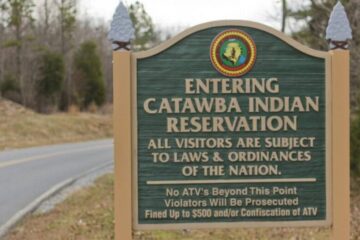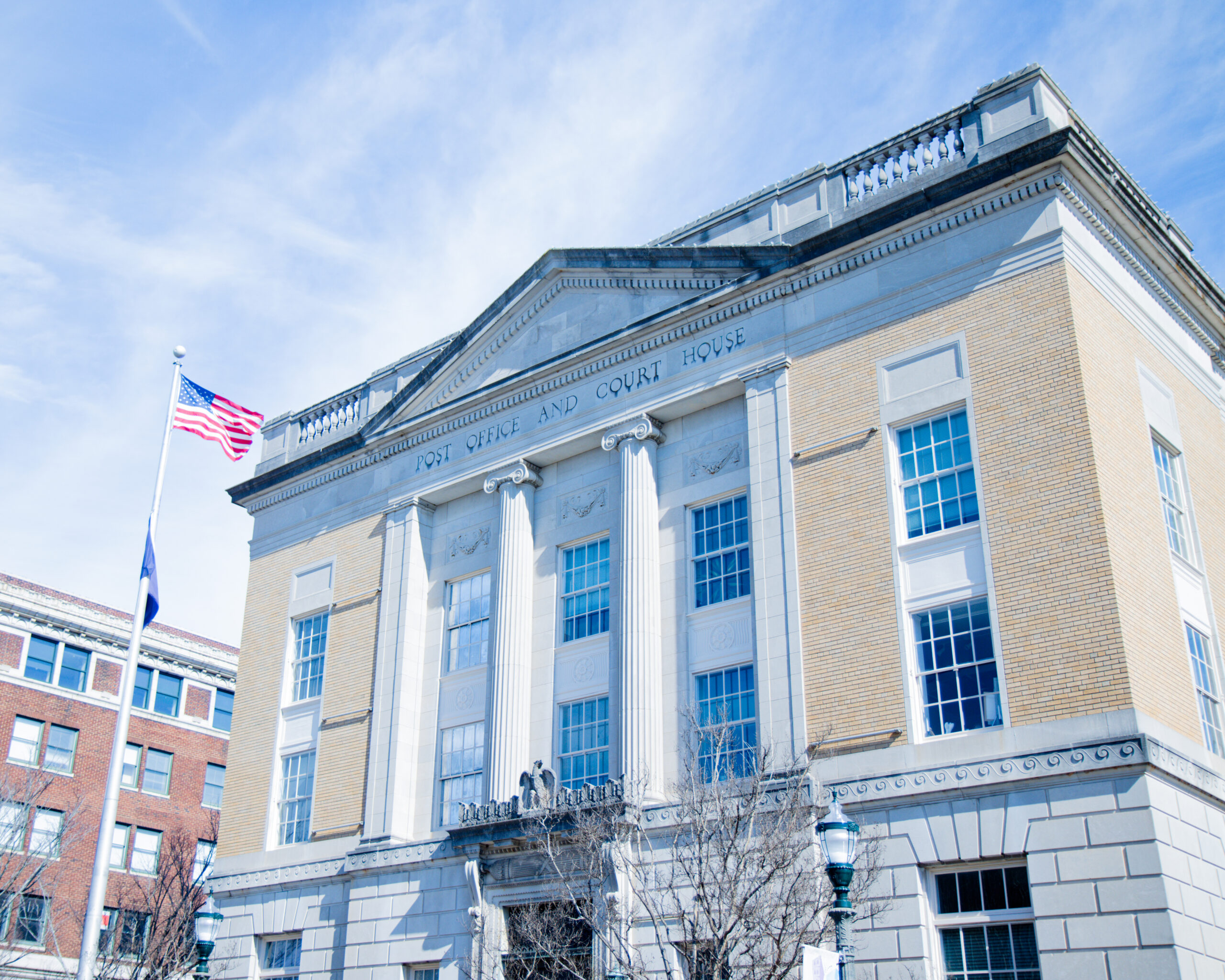In the past year, many Black and African American individuals have suffered and died at the hands of racism and prejudice in the United States. These tragic events shine further light on the trials and tribulations Black and African American communities have faced since before the beginning of this nation.
Over 29 percent of Winthrop University’s student population is Black or African American, according to the Office of Diversity and Student Engagement. Following the events surrounding the Black Lives Matter movement, many students, as well as faculty and staff, are using their talents and voices to speak up and stand beside Winthrop’s diverse
population.
Aaliyah Bond, a graduate student pursuing a Master’s in Counseling and Development, has founded an on-campus student counseling group: The Elephant in the Room.
“The elephant itself is mental health, right? Because in the black community, mental health is not something that’s often talked about,” Bond said.
After learning about the life and death of people like George Floyd, Breonna Taylor, and Ahmaud Arbery, Bond decided to use her talents in the mental health field to create a place for Winthrop’s Black and African American students to find support.
“I knew that these tragedies were impacting people and their mental health. Even going running or just driving up the street to go to the store, there’s a fear in the back of their heads,” Bond said. “With this group, I’m really hoping to not only break the stigma of mental health, but to also help people understand that Black Lives Matter, and you as a person matter, and you deserve to live a life that is empowered and powerful, and that is uplifting and successful.”
While students such as Bond are putting their passions forth to make a difference in the lives of Black and African American students on campus, a professor in the Department of History went off campus to do the same for communities in surrounding areas.
On June 4, O. Jennifer Dixon-McKnight, a professor in Winthrop’s Department of History, was invited to speak on a virtual panel at Levine Museum of the New South in Char-
lotte. The discussion was about “the issue of civil rights and where [does one] go from here, in terms of creating a society that has more equality, that’s more racially [and] culturally
competent, and all of these issues that have emerged around the death of George Floyd, Breonna Taylor, Ahmaud Arbery, the issue that happened with Christian Cooper in the park in New York City, and then a host of folks that have died at the hands of law enforcement in the last decade alone,” Dixon-Mcknight said.
“I [also] did a talk with the radio show, Charlotte Talks, and that was basically to draw a line or the parallels between the traditional Civil Rights Movement and the Black Lives Matter Movement and the con-
versation was sort of geared around [the question], ‘Are these two sepa-
rate movements? Or is Black Lives Matter a continuation of civil rights?’
I am a believer, as a scholar, in the idea of a Long Civil Rights Movement, coined by Dr. Jacquelyn Hall. The notion that the Civil Rights Movement can’t be boxed into a decade, it can’t be boxed into a time period and you most certainly can’t box it into an individual. The Black Lives Matter, it’s not necessarily a new thing,” Dixon-Mcknight said.
Her expertise is valued in the Charlotte community, as well as on Winthrop’s campus. In reference to the change seen on campus, she
said, “I definitely see, not just a buzz on campus, but I see a movement,
which I think is really incredible. I see people having conversations, but I also see members of leadership, putting into action, their ideas and
their thoughts,” Dixon-Mcknight said.
Student Body President, Brandon Jackson, says that much of the movement for Black Lives Matter felt on campus is due to the actions of those at the student and faculty level. During the summer, he says, “we had the diversity talk and that actually brought out a lot of people, like 500 participants. I think that was a good step, but I want to see more from upper administration. I think the work we’re seeing most prominently is from the Division of Student Affairs.”
“[To the Board of Trustees], I said, whatever decision y’all decide to talk about, make sure you keep students at the forefront of your decision, because we’re the people who get impacted the most. For anybody out here who will be reading this, know that we have your best interests at heart. I’m really fighting for you. This is just the beginning, and know that the fight is not over. If there’s anything I can do for you, you feel that CSL can do better, please feel free to reach out via email or connect with us on social media.
I just want people to know that united, we stand. There’s unity and
community and we have the power to make the change,” Jackson said.
Stephanie Martin, a senior English major, is representative of many Winthrop students who are not part of the Black and African American
communities, yet stand alongside them and advocate for their best
interests.
Similar to Jackson, Martin wants to see more action from the upper administration at Winthrop.
“A lot of people that don’t necessarily want to take a strong stand on either
side of the fence and I feel like that became especially prevalent when
[April Mustian] was hired. I felt like Winthrop was unwilling to take a
definitive stance in her favor. I don’t feel like she said anything out of the
way. The stance of the students and the professors should have taken
priority over people-pleasing to the Rock Hill community.”
During a tumultuous year, full of innocent Black lives being lost at the
hands of racism, students, faculty and staff at Winthrop, are readying
themselves to make a difference on campus through counseling, teach-
ing, and student leadership.




